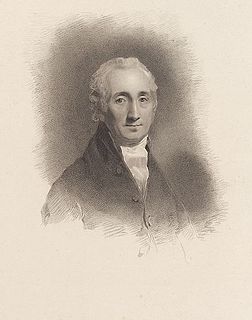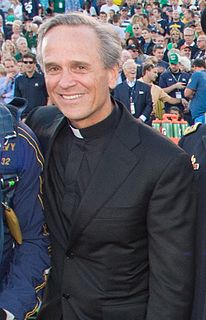A Quote by Terry Tempest Williams
To engage in civil disobedience is to feel the abundance of courage, the gratitude for a democracy that still invites us to speak from our hearts, to act from our conscience and have faith in the consequences of moral action. Abundance is a form of consciousness.
Related Quotes
Each of us contributes our own piece to the whole, each in our own way, each in our own time with the gifts and talents that are ours. You ask about possible vehicles for change: question, stand, speak, act. Engage in unruly behavior. Disturb the status quo. Take direct action. Commit civil disobedience. Make art. Build community. Dance. Sing. Farm. Cook. Create something beautiful and then give it away. Find your own monkey wrench and use it with the force of love. Sharpen your pencil. Vote.
What is most necessary for people and what is given us in great abundance, are experiences, especially experiences of the forces within us. This is our most essential food, our most essential wealth. If we consciously receive all this abundance, the universe will pour into us what is called life in Judaism, spirit in Christianity, light in Islam, power in Taoism.
Although our moral conscience is a part of our consciousness, we do not feel ourselves on an equality with it. In this voice which makes itself heard only to give us orders and establish prohibitions, we cannot recognize our own voices; the very tone in which it speaks to us warns us that it expresses something within us that is not of ourselves.
A prayerful life is the key to possessing gratitude. We often take for granted the people who most deserve our gratitude. Let us not wait until it is too late for us to express our gratitude. Feeling gratitude and not expressing it is like wrapping a present and not giving it. If I gratitude be numbered among the serious sins, then gratitude takes its place among the noblest of virtues. To express gratitude is gracious and honorable, to enact gratitude is generous and noble, but to live with gratitude ever in our hearts is to touch heaven.
The average age of the world's great civilizations has been two hundred years. These nations have progressed through the following sequence: from bondage to spiritual faith, from spiritual faith to great courage, from courage to liberty, from liberty to abundance, from abundance to selfishness, from selfishness to complacency from complacency to apathy, from apathy to dependency, from dependency back to bondage.
The human heart is the first home of democracy. It is where we embrace our questions: Can we be equitable? Can we be generous? Can we listen with our whole beings, not just our minds, and offer our attention rather than our opinion? And do we have enough resolve in our hearts to act courageously, relentlessly, without giving up, trusting our fellow citizens to join us in our determined pursuit-a living democracy?
But what of the voice and judgment of conscience? The difficulty is that we have a conscience behind our conscience, an intellectual one behind the moral. ... We can see quite well that our opinions of what is noble and good, our moral valuations, are powerful levers where action is concerned; but we must begin by refining these opinions and independently creating for ourselves new tables of values.
The state says: "Well, in order for it to be legitimate civil disobedience, you have to follow these rules." They put us in "free-speech zones"; they say you can only do it at this time, and in this way, and you can't interrupt the functioning of the government. They limit the impact that civil disobedience can achieve. We have to remember that civil disobedience must be disobedience if it's to be effective.
Pope Francis has taught us by his example how we can witness with our lives and actions to our faith and moral principles, but still engage respectfully with those who disagree. He's urged us to find a "new balance," going beyond the few wedge issues of our politics, so we do not lose the "freshness and fragrance of the Gospel."
The contemporary tendency in our society is to base our distribution on scarcity, which has vanished, and to compress our abundance into the overfed mouths of the middle and upper classes until they gag with superfluity. If democracy is to have breadth of meaning, it is necessary to adjust this inequity. It is not only moral, but it is also intelligent. We are wasting and degrading human life by clinging to archaic thinking.






























